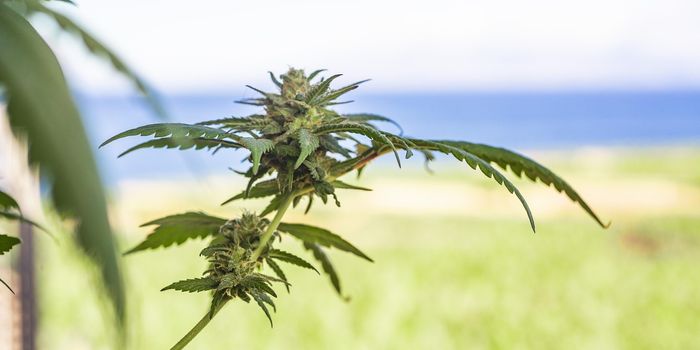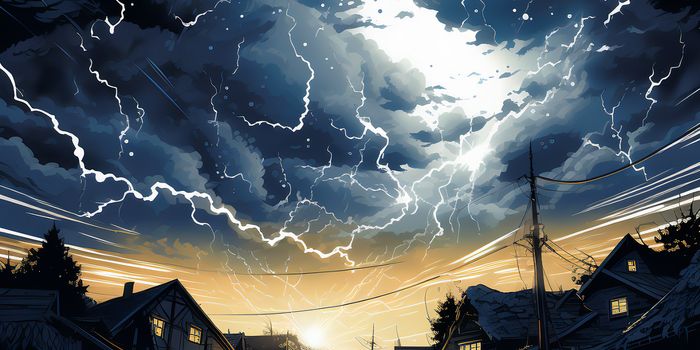Big Money Financing Big Deforestation: HSBC Bank
When I put money into the bank, I don’t necessarily think about where it’s going. In this digital age of credit cards and Venmo and paying student loans through direct deposit, sometimes it feels as if I’ve never even seen the money to begin with. This lack of analysis (and understanding) of the modern banking system explains my utter surprise, and slow horror, when learning about how my personal banking choices can somehow cause deforestation off in some far corner of the world.
Let me explain. Wikipedia defines HSBC Bank plc as “one of the largest banking and financial services organisations in the world.” It reaches its grubby finance fingers throughout 80 nations encompassing around 7,500 offices on basically every continent. I currently live in Colombia, South America, and when I Googled HSBC Bank, two listings for banks popped up in my city, one just several blocks away from my residential neighborhood. Now HSBC has particularly claimed to care about the environment, stating that “sustainability underpins our strategic priorities and enables us to fulfil our purpose.” Yet last April the Environmental Investigative Agency (EIA) declared that HSBC was financing Noble Group’s $1 billion refinancing, an act which directly violates HSBC’s own agricultural commodities and forestry policies.
Who is Noble Group, you ask? Noble Group owns two controversial oil palm companies that are clearing a combined 55,000 hectares of some of the last significant forests in Papua, Indonesia, according to EIA. EIA believes Noble also violates HSBC’s Forestry policy, which pledges not to knowingly provide financial services to “prohibited business”, defined as those involving “forests being converted to plantation or to non-forest use (deforestation)”. This is due in part to Noble’s failure to meet certification targets under RSPO (Round Table on Sustainable Palm Oil, the minimum standard for palm oil cultivation, which itself is being attacked by environmental activists for having too low of standards). Senior EIA Forest Campaigner Jago Wadley said: “Noble displays structural non-compliance with HSBC’s policies in ways that the policies themselves stipulate must result in the closure of relationships as soon as possible.”
Now jump forward to last week, when Greenpeace recently released a report exposing HSBC as financiers of more big palm oil companies. Greenpeace writes: “In the past five years alone, HSBC has been part of banking syndicates that arranged US$16.3 billion of loans (and nearly US$2 billion of bonds) to six companies whose palm oil operations have destroyed vast areas of rainforest, peatland and orangutan habitat in Indonesia.” The six companies are: Bumitama, Goodhope, IOI, Noble, POSCO Daewoo and the Salim group / Indofood. The report documents loans and financial services from HSBC to palm oil companies responsible for:
-
destroying rainforest, including orangutan habitat
-
seizing land from local people
-
operating without legal permits
-
abusing workers and using child labour
-
forest fires
-
draining and developing carbon-rich peatland
"HSBC claims it’s a respectable bank with responsible policies on deforestation. But somehow these fine words get forgotten when it’s time to sign the contracts. Deforestation causes devastating fires that threaten the health of millions across Southeast Asia, and our global climate. So why is HSBC helping to raise billions for the companies fanning the flames?” said Annisa Rahmawati, Senior Forest Campaigner for Greenpeace Southeast Asia.
The above footage shows the devastation that HSBC is causing. So what do you do if you’re a HSBC customer - now knowing that that credit card burning a hole in your pocket is also burning down thousands of hectares of forest, contributing threefold to climate change, and devastating the homes of innocent orangutans? Voice your outrage. Call and demand to speak to a manager. Switch banks if you can. But remember, just because you have the privilege right now of staying quiet because the impacts of your consumerism leaves their tracks halfway around the world where you can’t see them, doesn’t mean you should.
Sources: Greenpeace, Reuters, Wikipedia, EIA International









